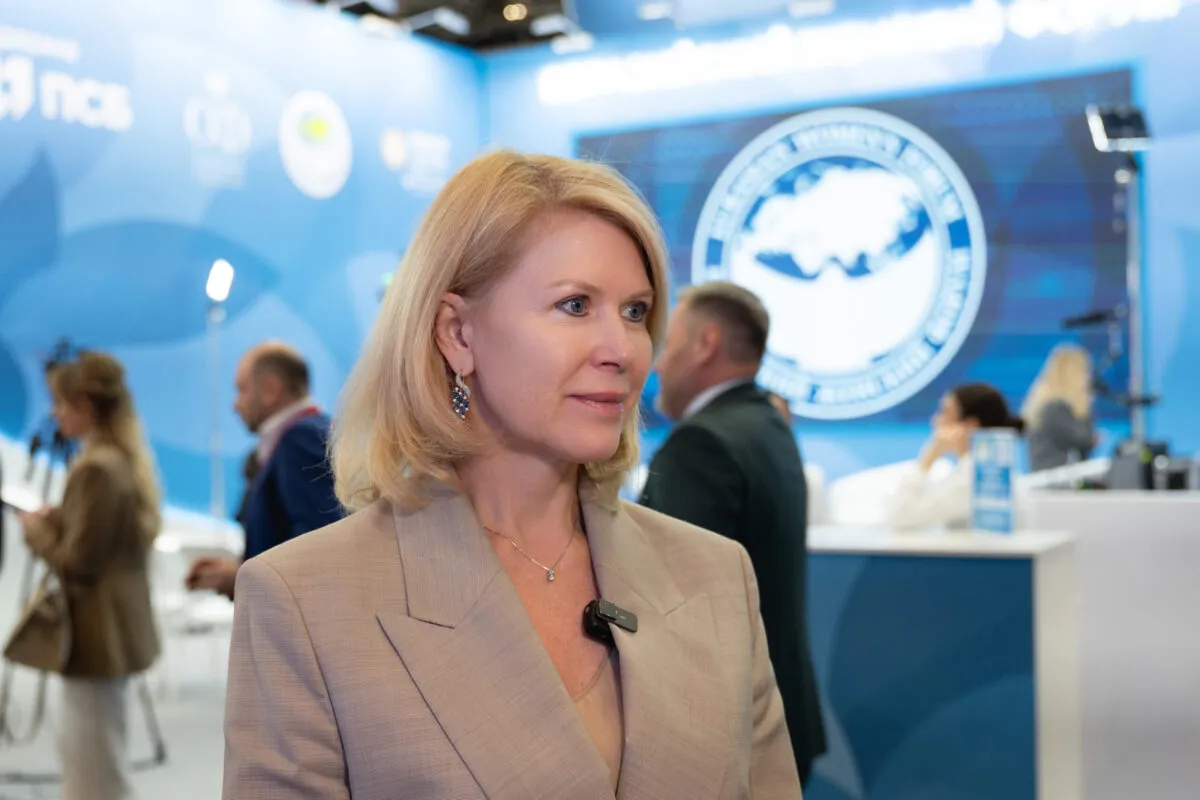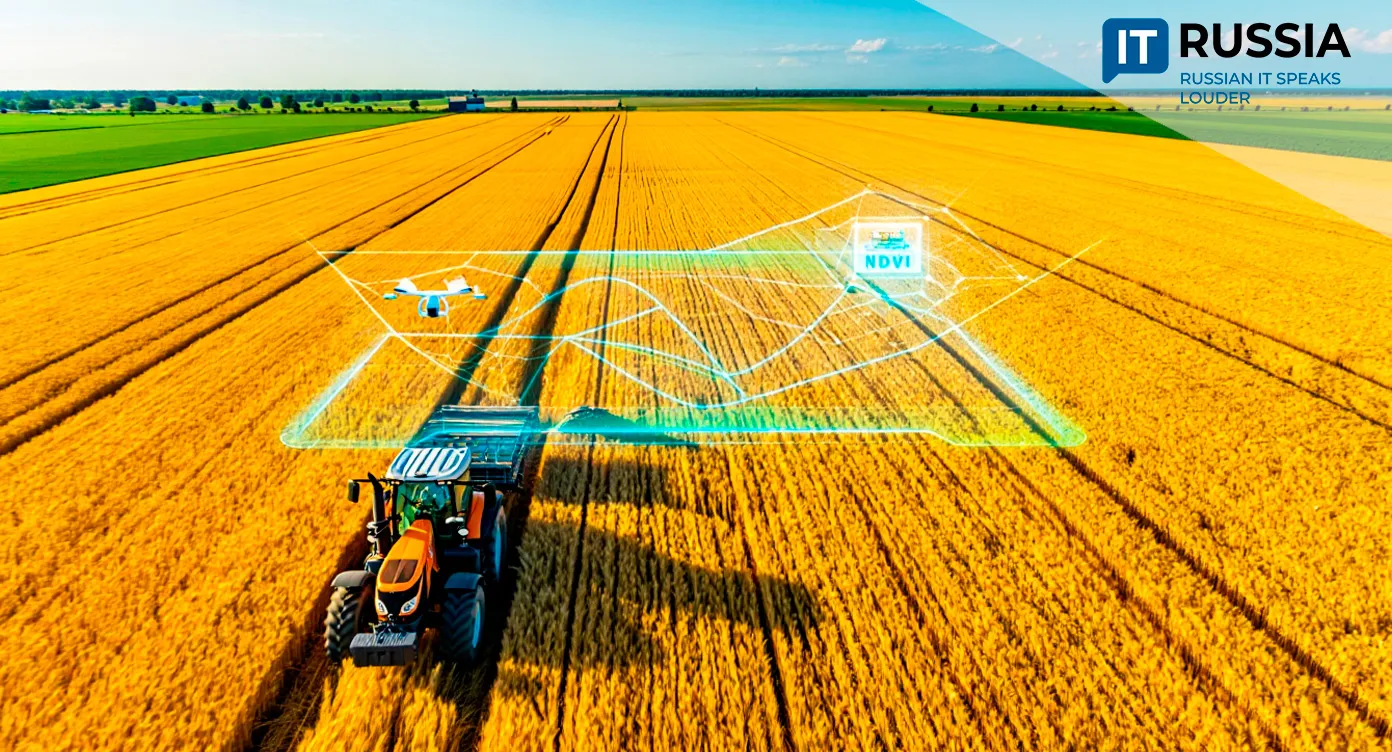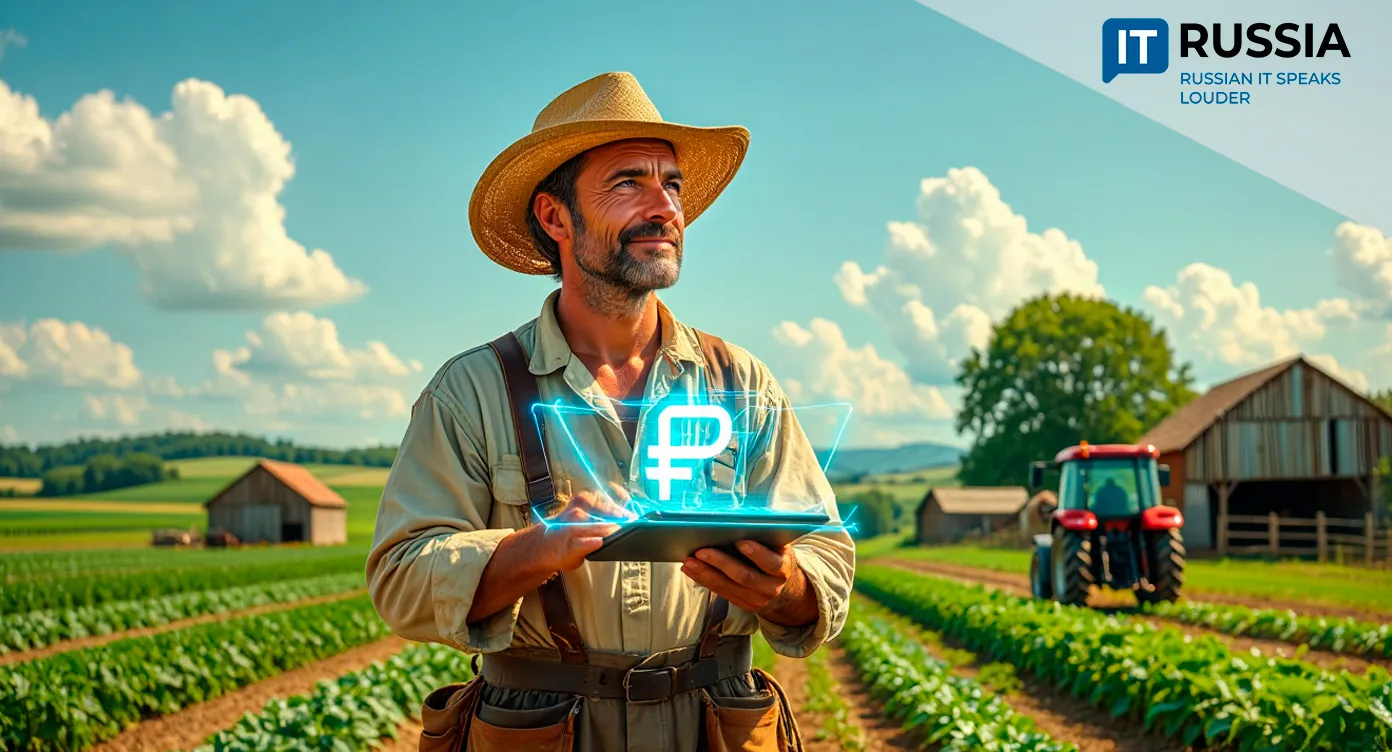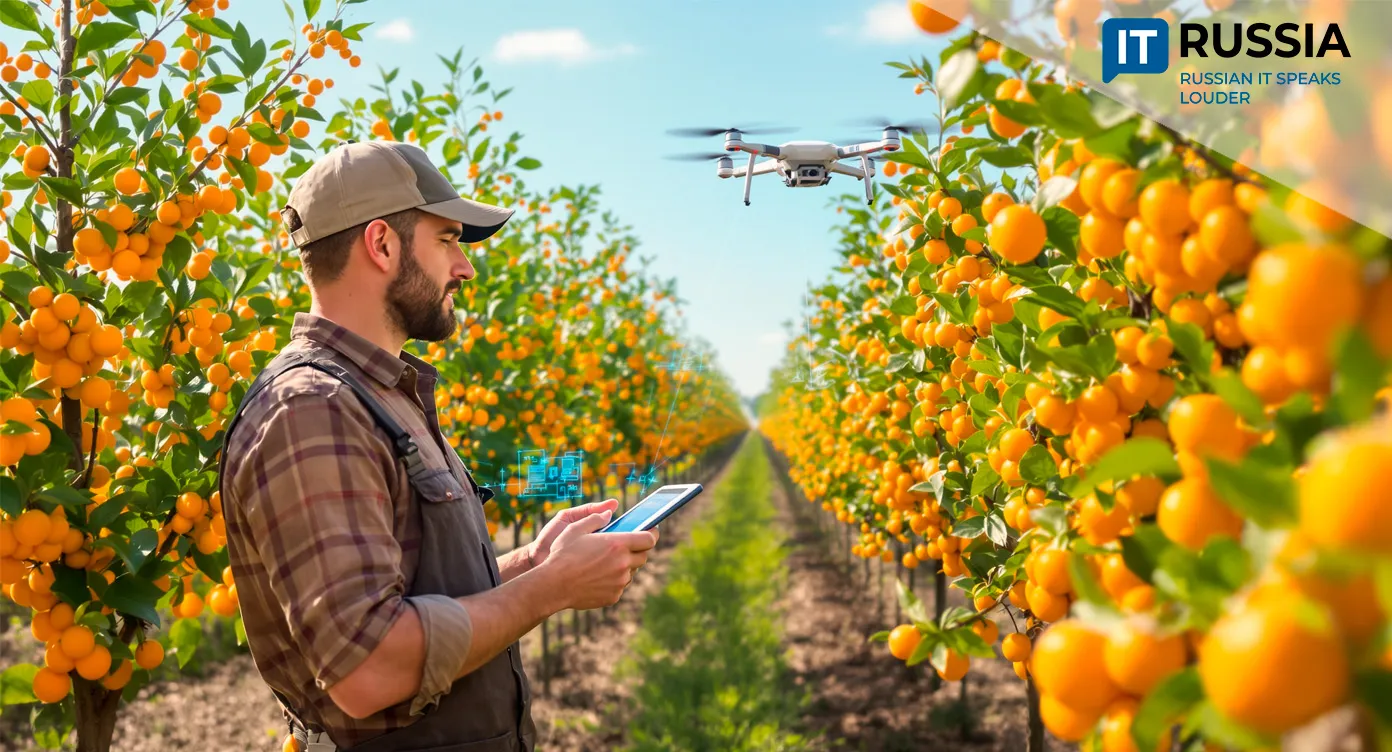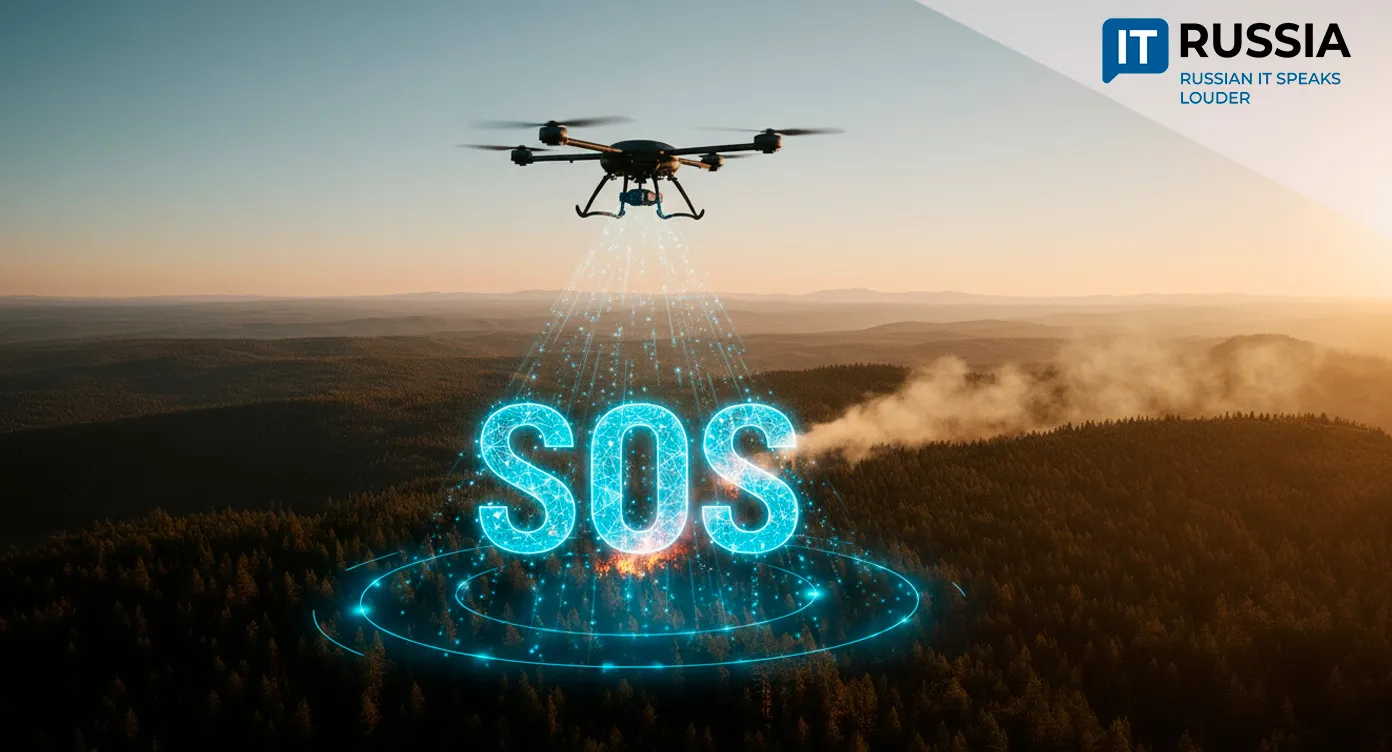Full Control: Russia Pilots Digital Labeling for Fertilizers
Russia has launched a pilot project to digitally label fertilizers intended for retail sales. The initiative marks the first step toward creating a national system for digital tracking and control across the entire fertilizer market.
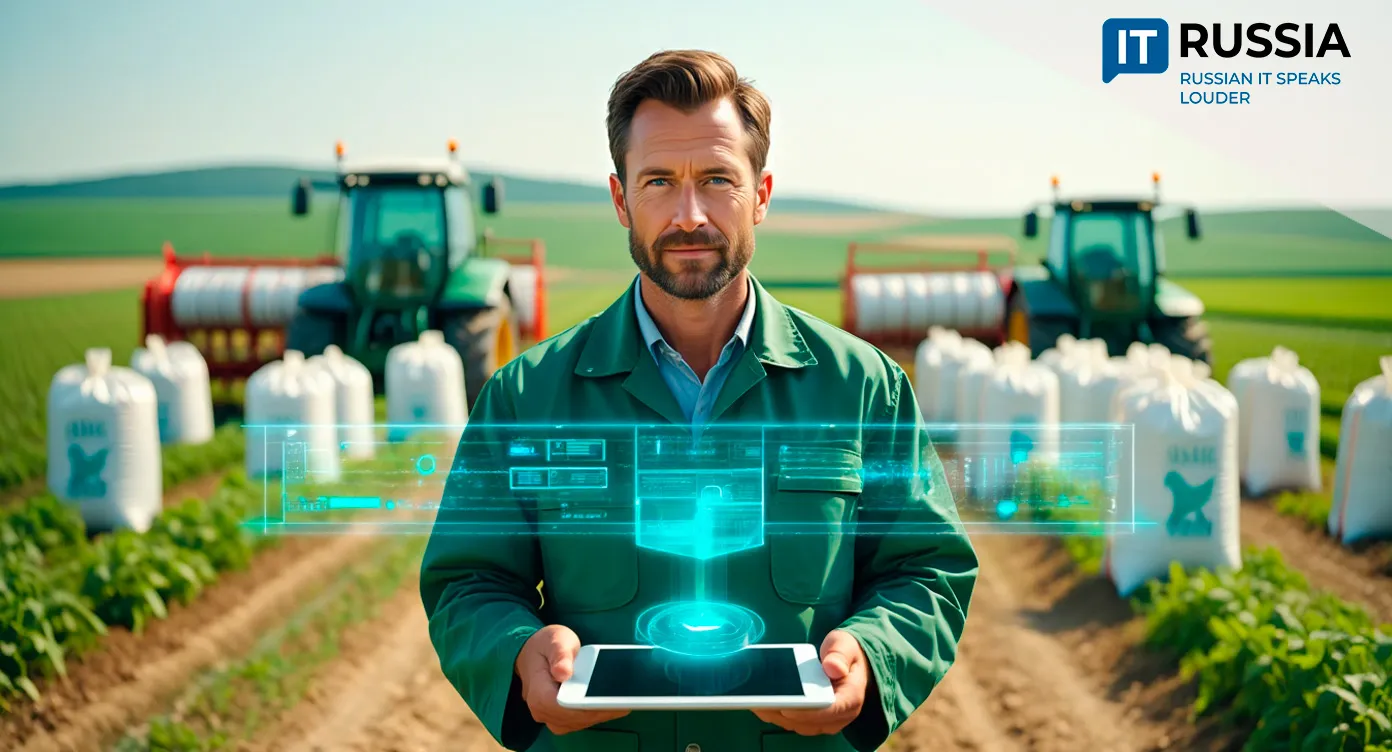
Fighting Counterfeits
Russia continues its systematic effort to combat counterfeit goods using digital technologies. On November 1, 2025, the country will launch a pilot program to introduce mandatory digital labeling of fertilizers in consumer packaging.
The experiment, scheduled to run until August 31, 2026, aims to create a unified labeling model and testing process for applying identification codes through the ‘Chestny Znak’ (Honest Sign) system, which enables digital traceability of goods. The project will also evaluate the readiness of IT infrastructure among producers and suppliers to meet new digital standards.
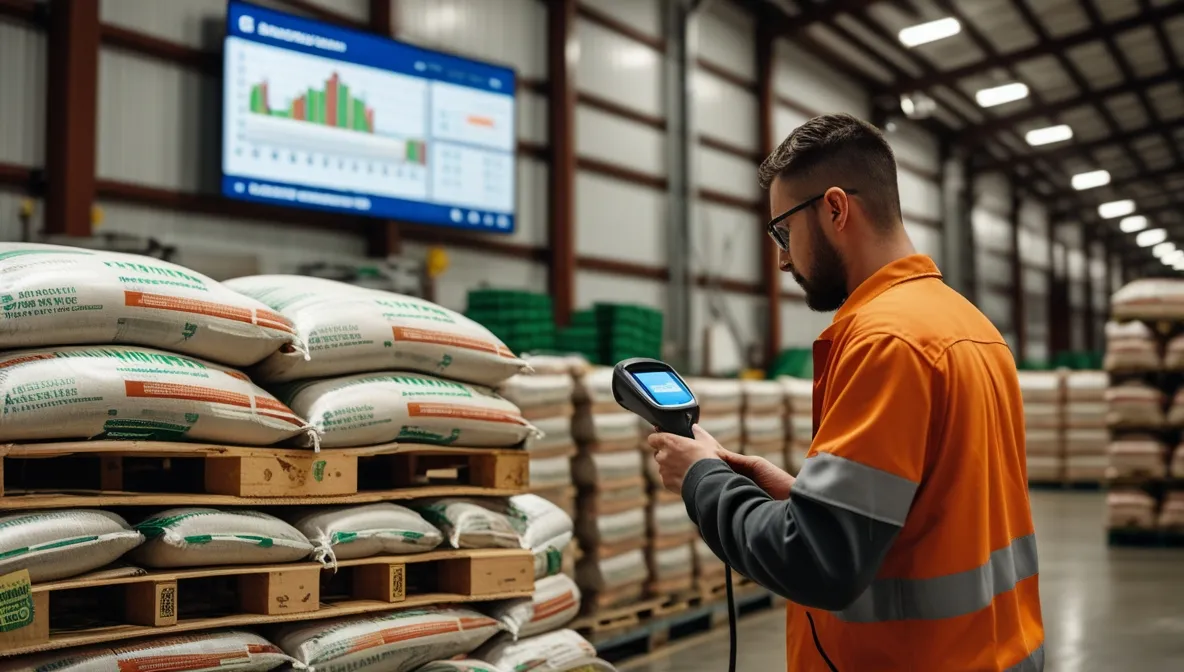
Each package of fertilizer will receive a unique code containing information about the manufacturer, product composition, expiration date, and storage conditions. This approach will ensure full transparency throughout the supply chain. Producers can voluntarily join the pilot project, gaining early experience before labeling becomes mandatory. By participating, they will be able to test the system, prepare infrastructure, and benefit from enhanced protection against counterfeit products.
The primary goals include preventing illegal production and imports, improving product quality monitoring, and increasing the collection of taxes and customs duties through digital tools. The list of fertilizers included in the labeling pilot covers potassium nitrates, other nitrates, potassium phosphates, and complex mineral fertilizers containing nitrogen, phosphorus, and potassium in consumer packaging weighing up to 10 kilograms.
Ensuring Only Legal Products Reach the Market
The initiative is part of Russia’s broader national strategy to create an end-to-end traceability system for goods. With digital identifiers, authorities and consumers can instantly determine where and by whom a product was produced, ensuring quality and safety. Russia began labeling certain food and non-food products in 2019.
Today, the ‘Chestny Znak’ system covers milk and dairy products, vegetable oils, alcohol, canned goods, confectionery, non-alcoholic beverages, tobacco, pharmaceuticals, cosmetics, and even car tires. Fertilizers are now joining this list, becoming one of the most critical categories for national food security and agricultural productivity.
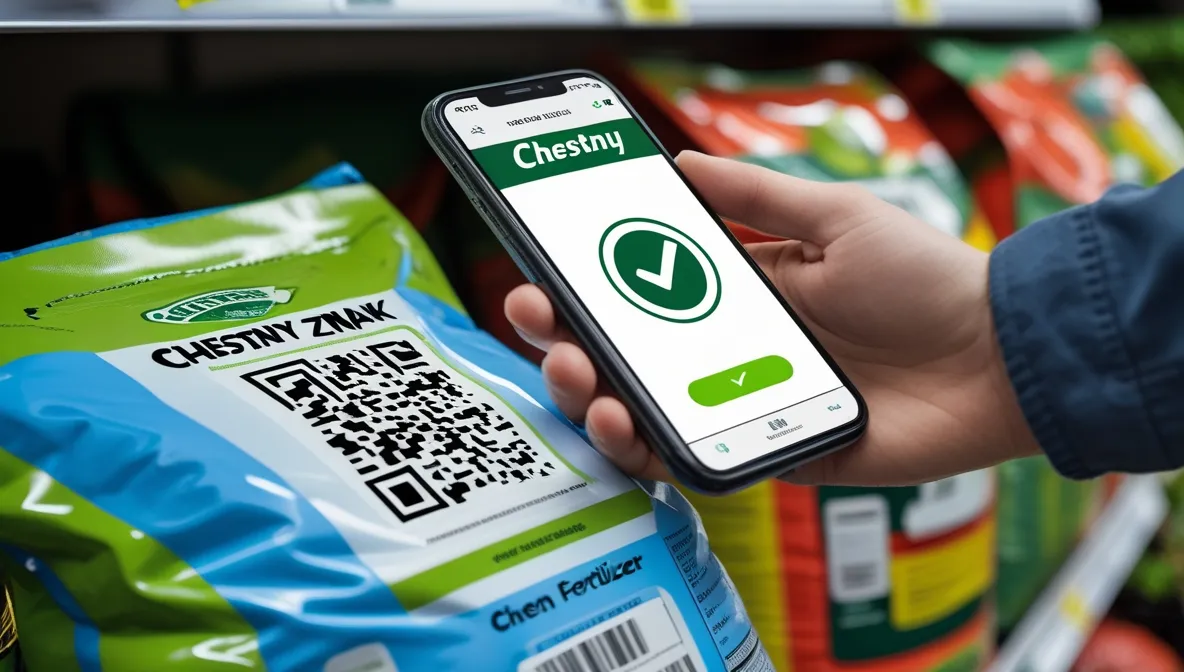
Agronomy expert Alexander Smirnov, head of precision farming at Agro-Technologies, notes that mislabeling fertilizers can lead to serious consequences, including temporary declines in soil fertility.
Deputy Minister of Industry and Trade Ekaterina Priezzheva confirmed at the St. Petersburg International Economic Forum that the government plans to expand labeling to pesticides, herbicides, and fertilizers as part of President Vladimir Putin’s directive to increase transparency and safety across the agricultural sector.
Toward a Digitally Integrated AgriTech Ecosystem
In the long term, the fertilizer labeling system will make the Russian fertilizer market fully transparent and strengthen its export potential. Similar labeling practices are becoming mandatory in many countries.
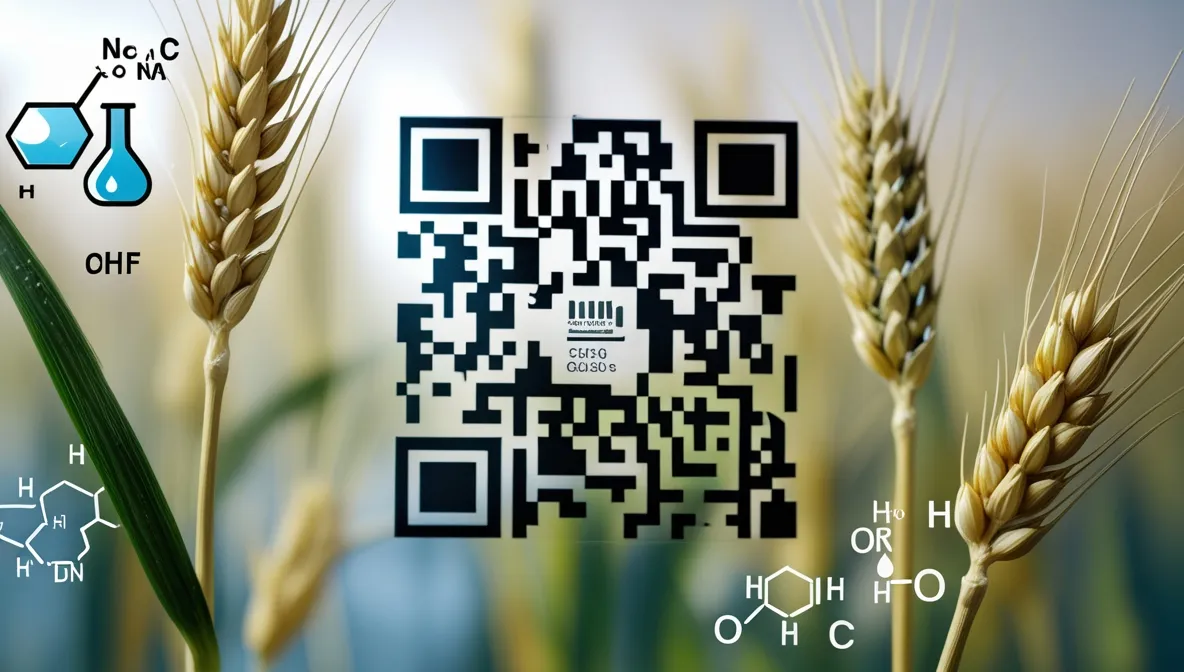
For Russia’s agricultural sector, this step accelerates digital transformation and enhances traceability of chemical products used in farming. Farmers will gain confidence in the authenticity and quality of the inputs they use, while regulators will benefit from real-time analytics on product movement. Data collected through digital labeling will enable better logistics planning, optimized production, and a more precise understanding of fertilizer distribution patterns.
Ultimately, these insights will help build a unified digital platform for managing agricultural chemicals, integrated with quality, environmental, and logistics systems. Such a platform will strengthen Russia’s position in the global agri-tech market, increasing competitiveness and ensuring sustainable growth for the country’s agricultural producers.


